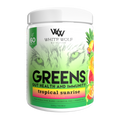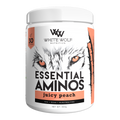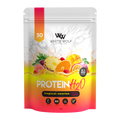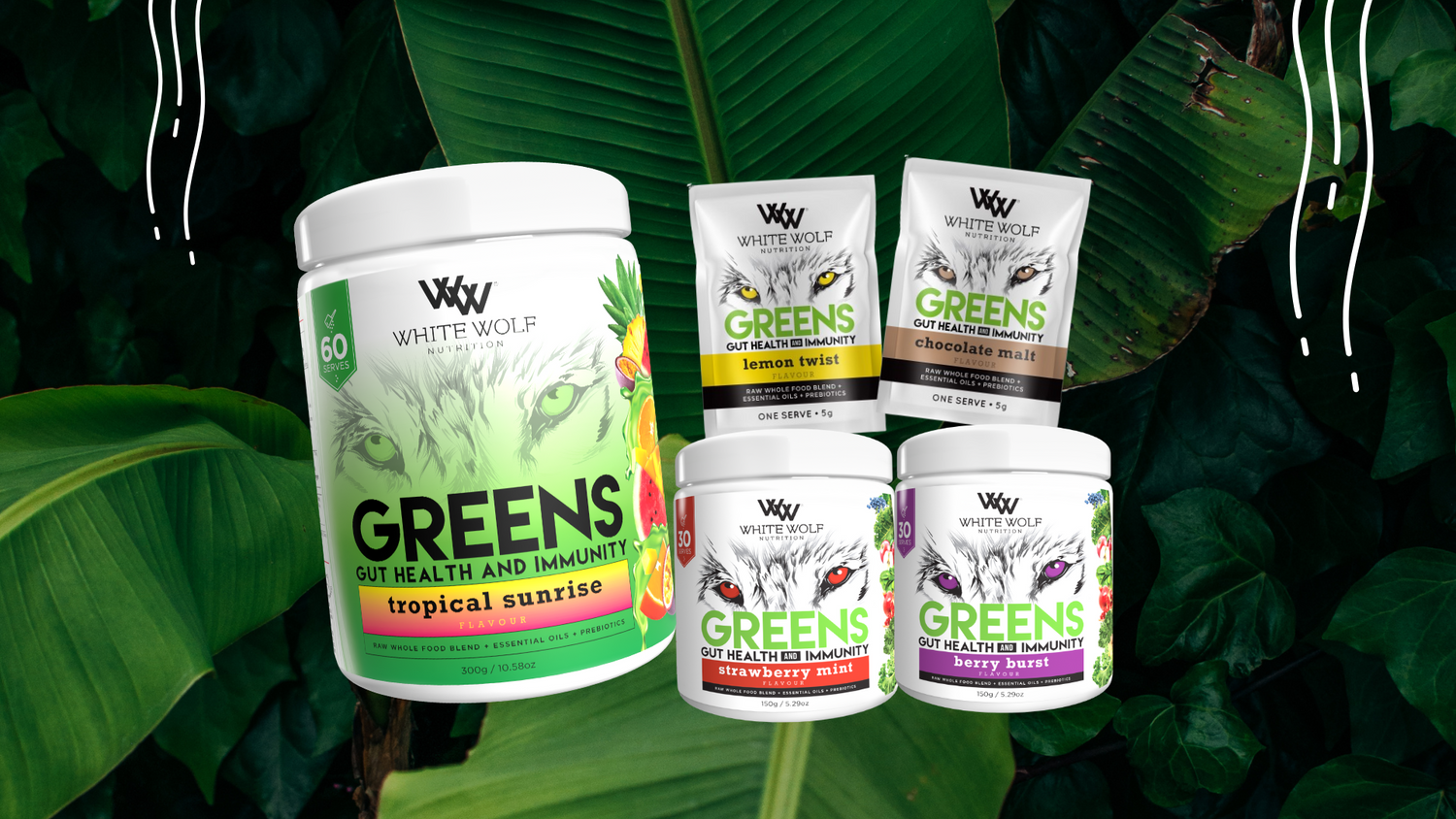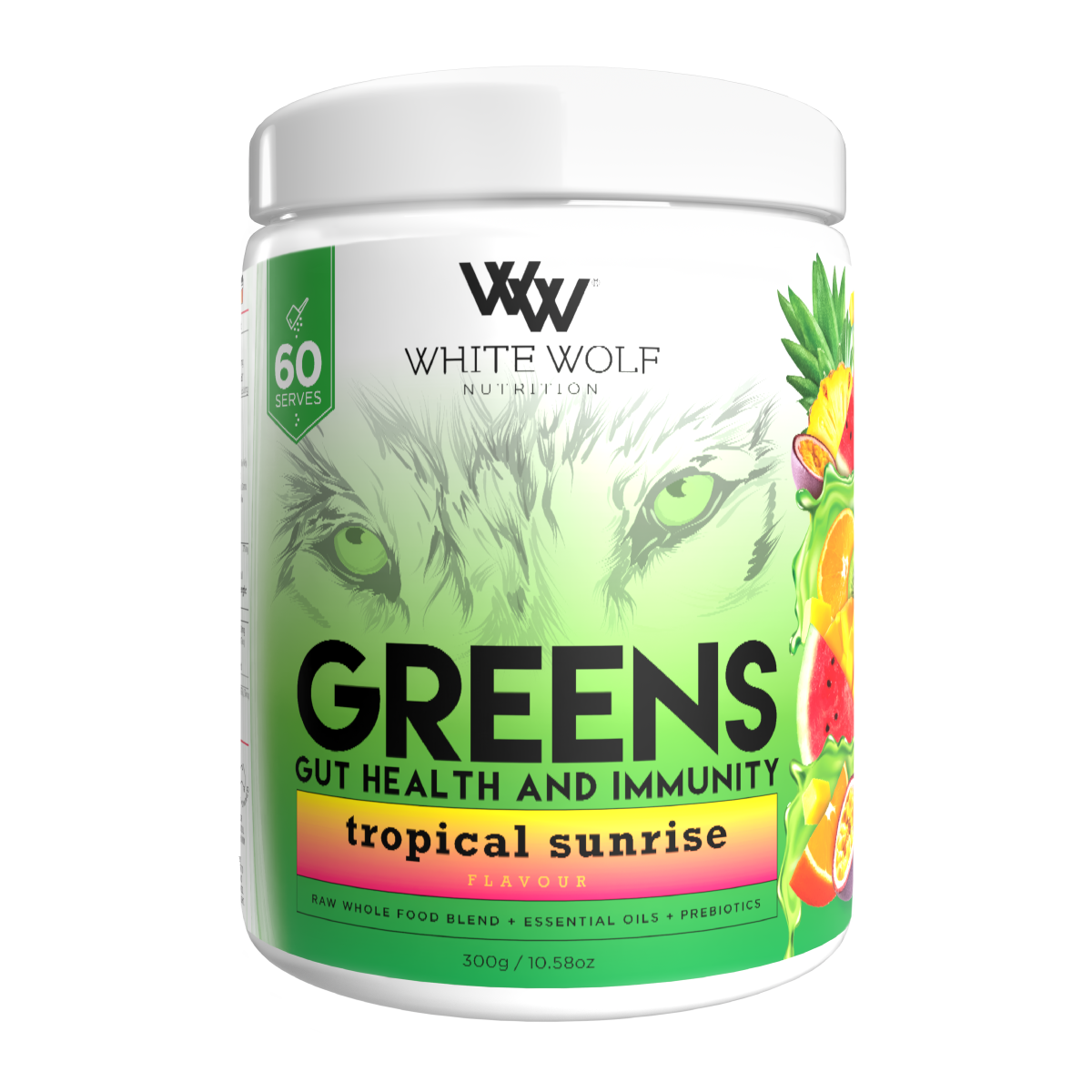While stress and anxiety are common in daily life, what you eat can significantly influence how your body and mind cope with them. From how your brain functions to how your body responds to pressure, the food you eat can either ease your symptoms or make them worse.
In this article, we'll explore how to manage stress and anxiety through proper nutrition, highlighting specific nutrients and food sources that can help balance your mood and support your mental well-being. You’ll also learn about natural supplements that can boost gut health and reduce the physical effects of stress all backed by nutritional science.
The Link Between Nutrition and Mental Health
There’s a strong two-way connection between your gut and brain. What happens in your digestive system can have a real impact on how you feel emotionally and mentally. Poor eating habits can contribute to elevated stress hormones, poor sleep, and mood disorders while nutrient-rich foods can support neurotransmitter function, reduce inflammation, and improve emotional resilience.
Dietary Choices to Help Manage Stress and Anxiety
Here are essential nutrients and their food sources that are proven to help:
Vitamin B Complex – For Mood Regulation & Energy
B vitamins support neurotransmitters like serotonin and dopamine, which influence mood and help regulate your stress response.
Dietary sources: Nuts (e.g almonds, peanuts), Lean meats (e.g. chicken, beef), Dairy products, Leafy greens (e.g. spinach, kale).
The Role of Healthy Fats – To Reduce Inflammation and Anxiety
Omega-3 fatty acids play a key role in reducing inflammation in the nervous system, supporting cognitive health, and have been associated with decreased symptoms of anxiety and depression.
Dietary sources: Salmon and other oily fish, Avocados, Walnuts, Chia seeds.
Magnesium – To Regulate Stress Hormones
Magnesium plays an important role in reducing cortisol levels, enhancing cognitive performance, and promoting restful sleep, all of which are vital for managing stress effectively.
Dietary sources: Spinach, Pumpkin seeds, Oats, Brown rice.
Protein – For Stress Reduction and Sleep Support
Consuming enough protein aids in creating neurotransmitters like serotonin and melatonin, which are important for maintaining emotional balance and promoting restful sleep.
Dietary sources: Lamb, Seafood, Eggs, and beans.
Probiotics – For Gut Health and Mood Balance
A healthy gut supports a healthy mind. Maintaining gut health with probiotics has been linked to calming anxiety and boosting mood stability.
Dietary sources: Yogurt, Kimchi, Sauerkraut, Fermented vegetables.
Gut Health Supplements to Help Manage Stress and Anxiety
Proper nutrition is the foundation, but certain supplements can provide targeted support, especially for gut health, which plays a critical role in regulating anxiety and mood.
White Wolf Nutrition Greens Gut Health & Immunity, this supplement combines gut-specific whole foods with antiparasitic essential oils to improve gut health, reduce bloating, and enhance nutrient absorption key factors in lowering stress and boosting mental clarity.
🛑 Always consult a healthcare professional before starting any new supplement.
Eat Well, Feel Well
Managing stress and anxiety isn’t just about mindset, it's about what’s on your plate. Adding foods rich in nutrients such as leafy greens, healthy fats, and fermented options helps equip your mind and body to better handle stress and maintain emotional balance.
Start small: add a handful of nuts to your snacks, swap in brown rice, or enjoy a serving of yogurt. Your mind will thank you.


